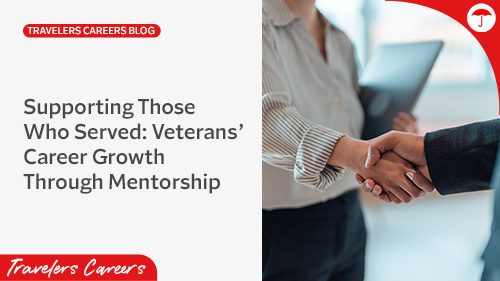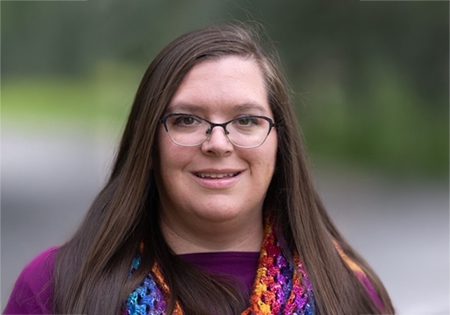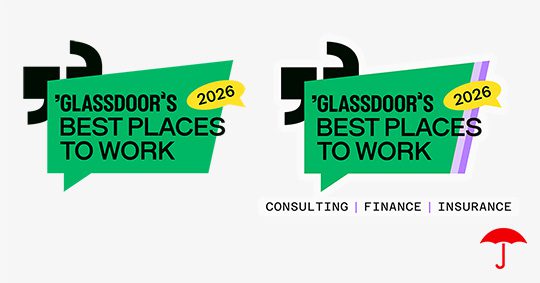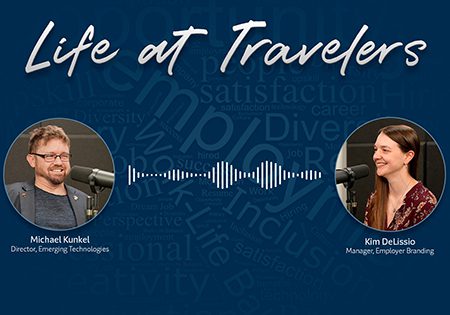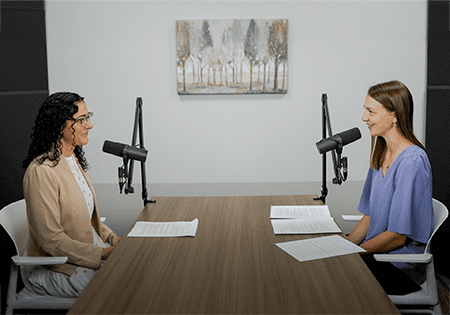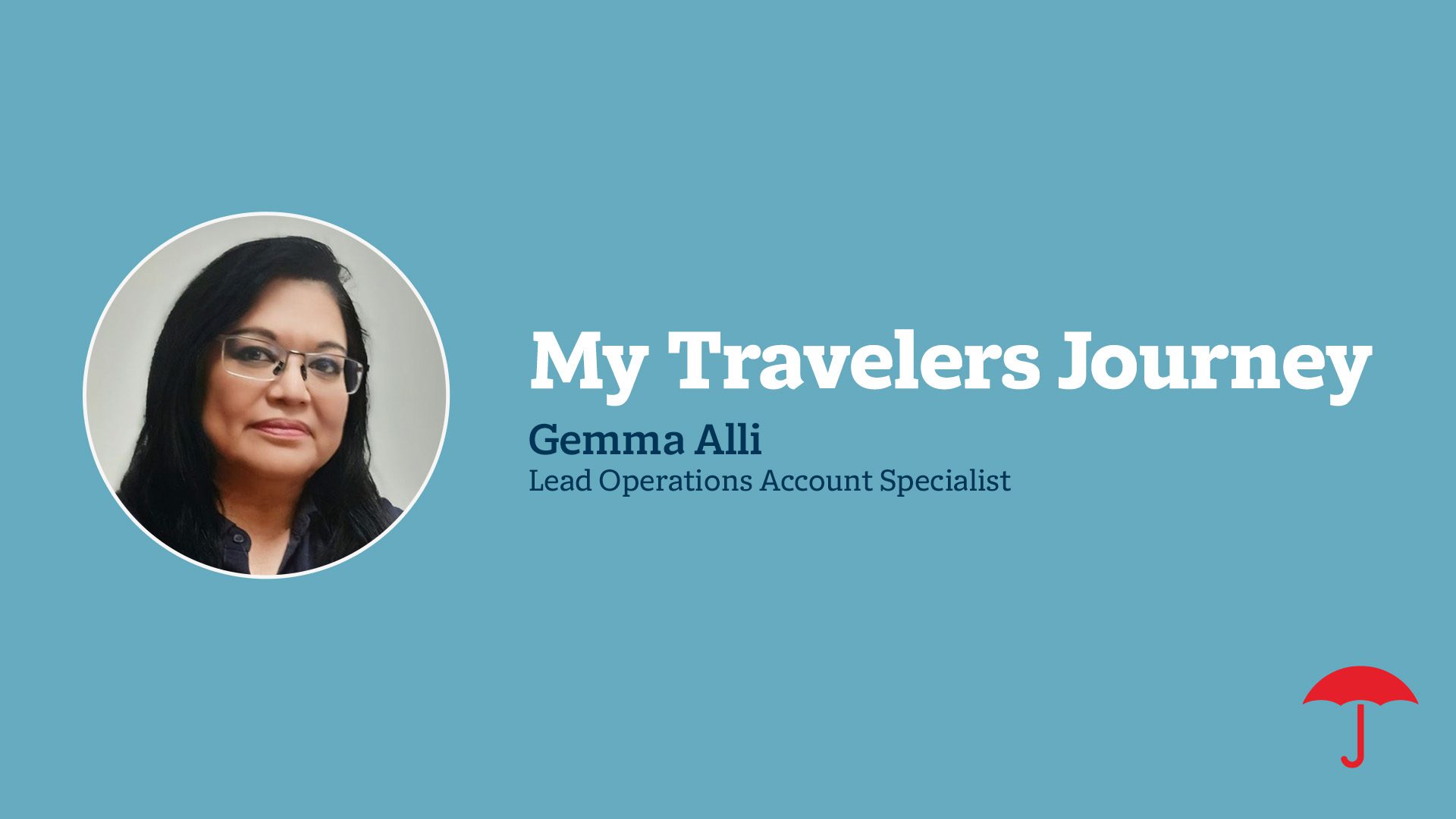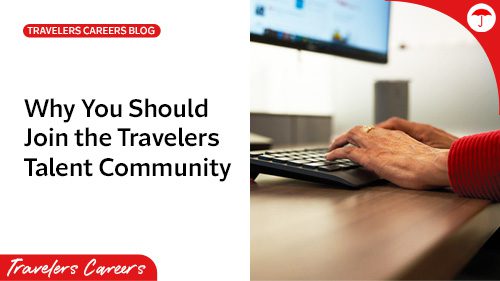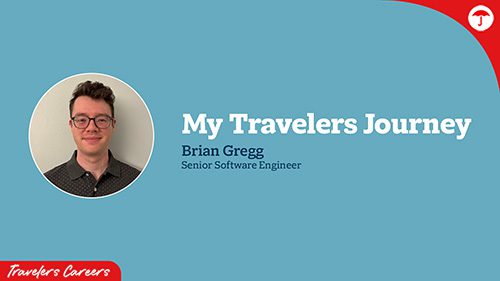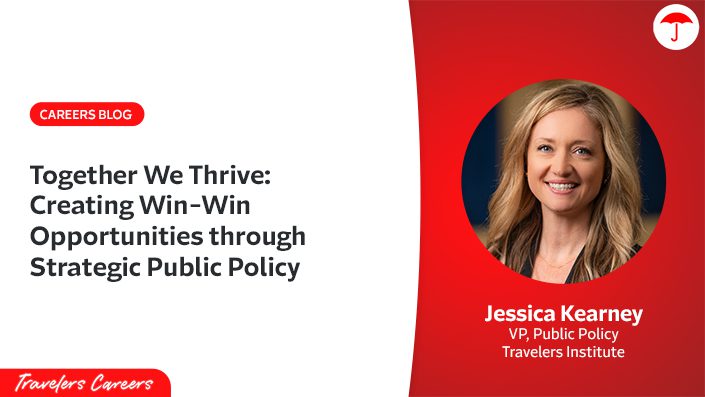Supporting Those Who Served: Veterans’ Career Growth Through Mentorship at Travelers
Discover how mentorship at Travelers supports veterans and military spouses as they transition to meaningful civilian careers. Through real employee and mentee stories, see how guidance, connection and shared experience help build confidence, skills and long-term career growth.
